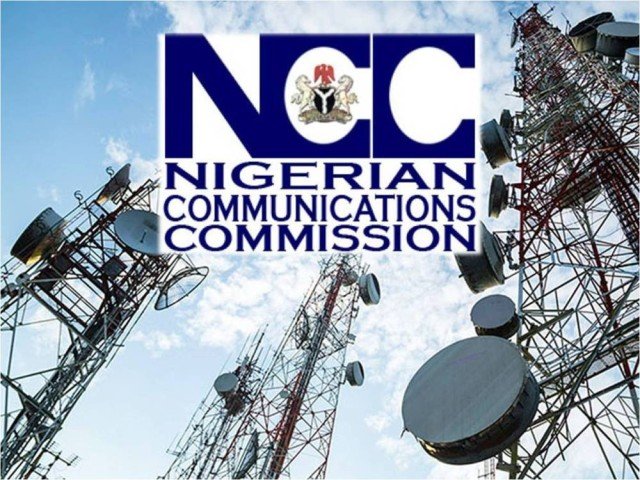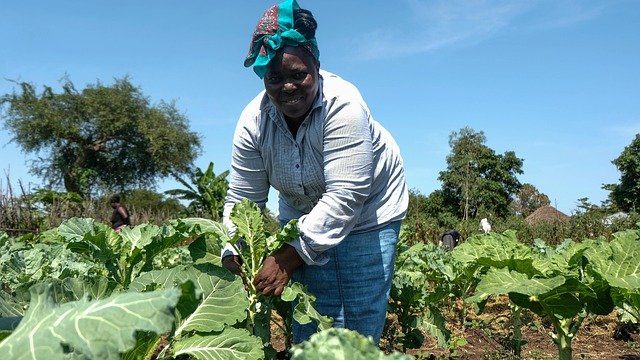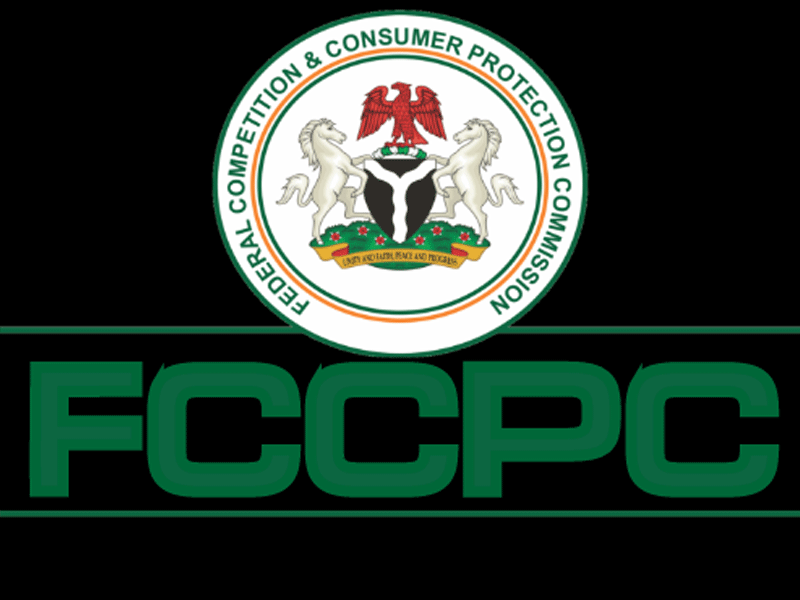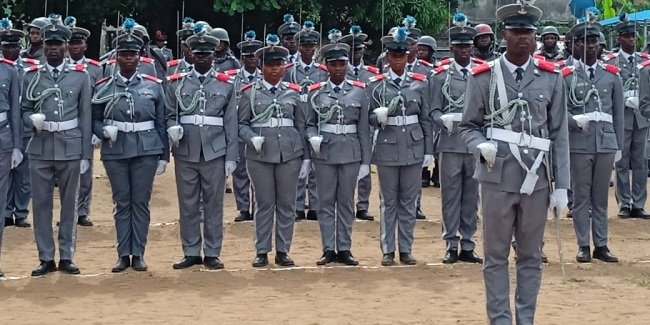Nigeria recently signed the Final Act WRC-23, an Intergovernmental Agreement, during the International Telecommunication Union’s WRC-2023 Conference, marking a major advancement in the country’s communication infrastructure.
According to the Nigerian Communications Commission, this historic deal has the potential to significantly improve network accessibility and quality across the nation (NCC).
In this post, I will take you through the specifics of the highly beneficial agreement.
Nigeria’s WRC-23 Agreement Is Set to Revolutionize Connectivity and Boost Service Quality
The Nigerian delegation, which was led by Dr. Bosun Tijani, Minister of Communications, Innovation, and Digital Economy, and comprised Mrs. Jane Egerton-Idehen, Managing Director of the Nigerian Communications Satellite Limited, and Dr. Aminu Maida, Executive Vice Chairman of the NCC, was instrumental in forming the agreements that were reached at the conference.
Dr. Tijani continued, “The agreements reached this year’s conference will provide valuable spectrum resources that will benefit the Commission’s stakeholders, especially ordinary Nigerians by enhancing service quality and bridging the digital gap in rural areas.”
Technological Advancements and Their Global Impact
The decisions taken during the conference are in keeping with the Honorable Minister’s Strategic Plan, which outlines Nigeria’s larger goals.
These include increasing internet connectivity, keeping up with the world’s shift to 5G and upcoming 6G technologies, and enhancing the user experience while guaranteeing fair access for all Nigerians.
Furthermore, it is anticipated that the creation of global radiocommunication standards will have a significant impact on the advancement and application of new technologies.
It is expected that the conference’s results would be extremely important in furthering the country’s technical environment.
Choices and the Distribution of Spectrum
The choices made at the conference include spectrum identification for International Mobile Telecommunications (IMT), according to a statement from the NCC.
This allotment is essential for developing IMT mobile services, which include 4G, 5G, and maybe 6G in the future, as well as for increasing internet connection.
The conference also determined new frequencies for Earth Stations in Motion, a non-geostationary fixed-satellite service.
This is an important discovery because it will make it possible to provide high-speed internet services inside cars, trains, airplanes, and other vessels.
With the adoption of cutting-edge technologies that have the potential to completely transform the digital environment, these choices will catapult Nigeria into a new era of connectedness.
International Connectivity and Safety Protocols
The agreement to the revised Radio Regulations specifies new spectrum resources, as was noted in a statement from the International Telecommunication Union (ITU).
Increased access to and equitable use of space-based radio resources, increased global connection, and improved security at sea, in the air, and on land are all goals of these resources.
They also aim to stimulate technological innovation.
The significance of Nigeria’s contribution to the global advancement of communication technologies is highlighted by this global perspective.
According to the agreement, Nigeria would play a major role in promoting international connection and guaranteeing the ethical use of radio resources for the benefit of society.
Nigeria’s WRC-23 Agreement Discussed
In conclusion, Nigeria has made enormous progress in the field of communication technology with the recently signed Final Act WRC-23.
Dr. Bosun Tijani and the NCC are leading the WRC-2023 summit, and the agreements made there have the potential to completely transform Nigeria’s connectivity.
Nigeria’s digital future will surely be significantly shaped by the spectrum resources allotted through this agreement, especially as the country gets ready to embrace the prospects and difficulties of 5G and beyond.
The improvement in accessibility and service quality, particularly in rural regions, is indicative of a dedication to closing the digital divide and guaranteeing that all Nigerians will have access to technology in the future.






